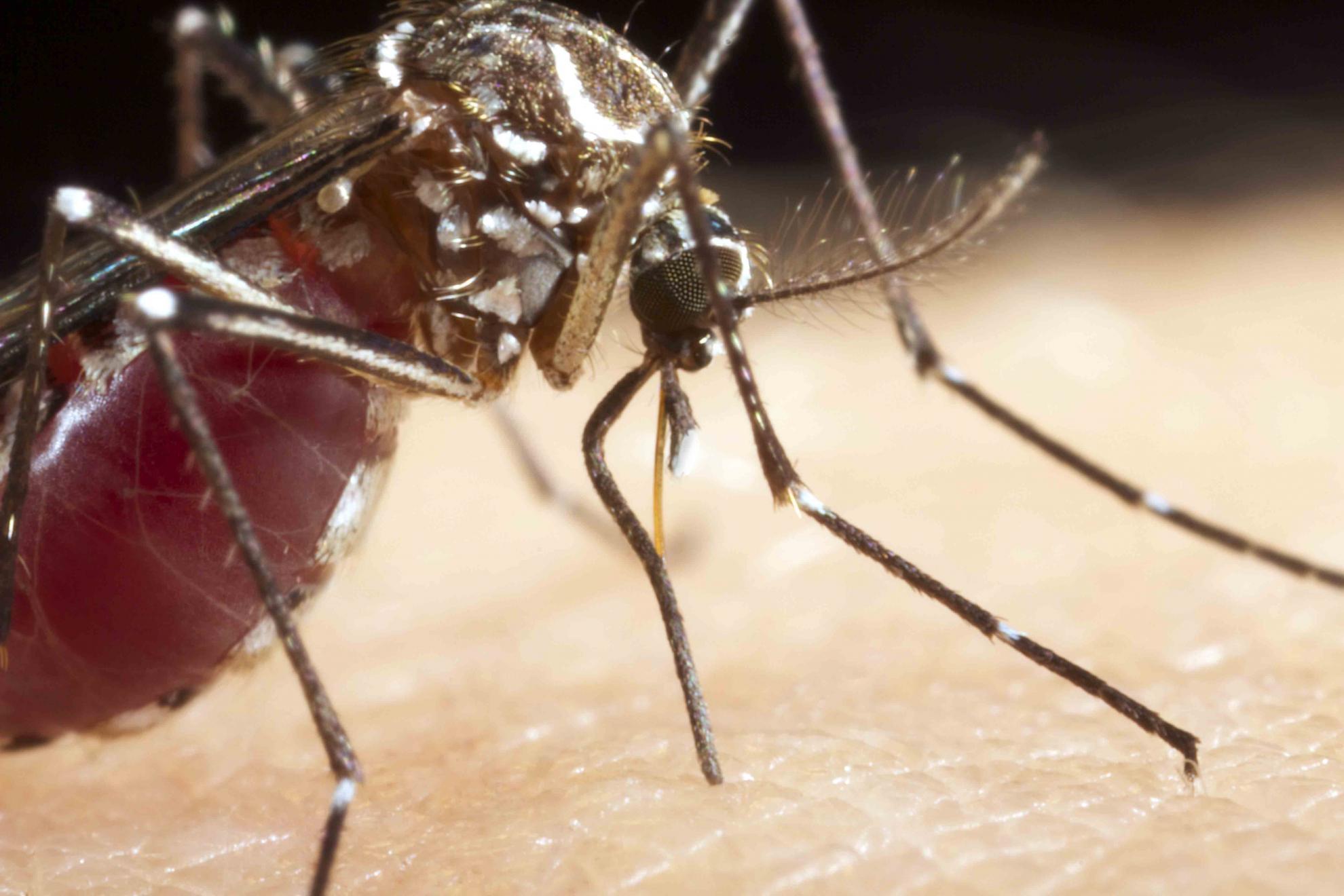Risks and challenges of arboviral diseases in Sudan: the urgent need for actions
The risk of emergence and/or re-emergence of arthropod-borne viral (arboviral) infections is rapidly growing worldwide, particularly in Africa. The burden of arboviral infections and diseases is not well scrutinized because of the inefficient surveillance systems in endemic countries. Furthermore, the health systems are fully occupied by the burden of other co-existing febrile illnesses, especially malaria. In this review we summarize the epidemiology and risk factors associated with the major human arboviral diseases and highlight the gap in knowledge, research, and control in Sudan. Published data in English up to March 2019 were reviewed and are discussed to identify the risks and challenges for the control of arboviruses in the country. In addition, the lack of suitable diagnostic tools such as viral genome sequencing, and the urgent need for establishing a genomic database of the circulating viruses and potential sources of entry are discussed. Moreover, the research and healthcare gaps and global health threats are analyzed, and suggestions for developing strategic health policy for the prevention and control of arboviruses with focus on building the local diagnostic and research capacity and establishing an early warning surveillance system for the early detection and containment of arboviral epidemics are offered.
